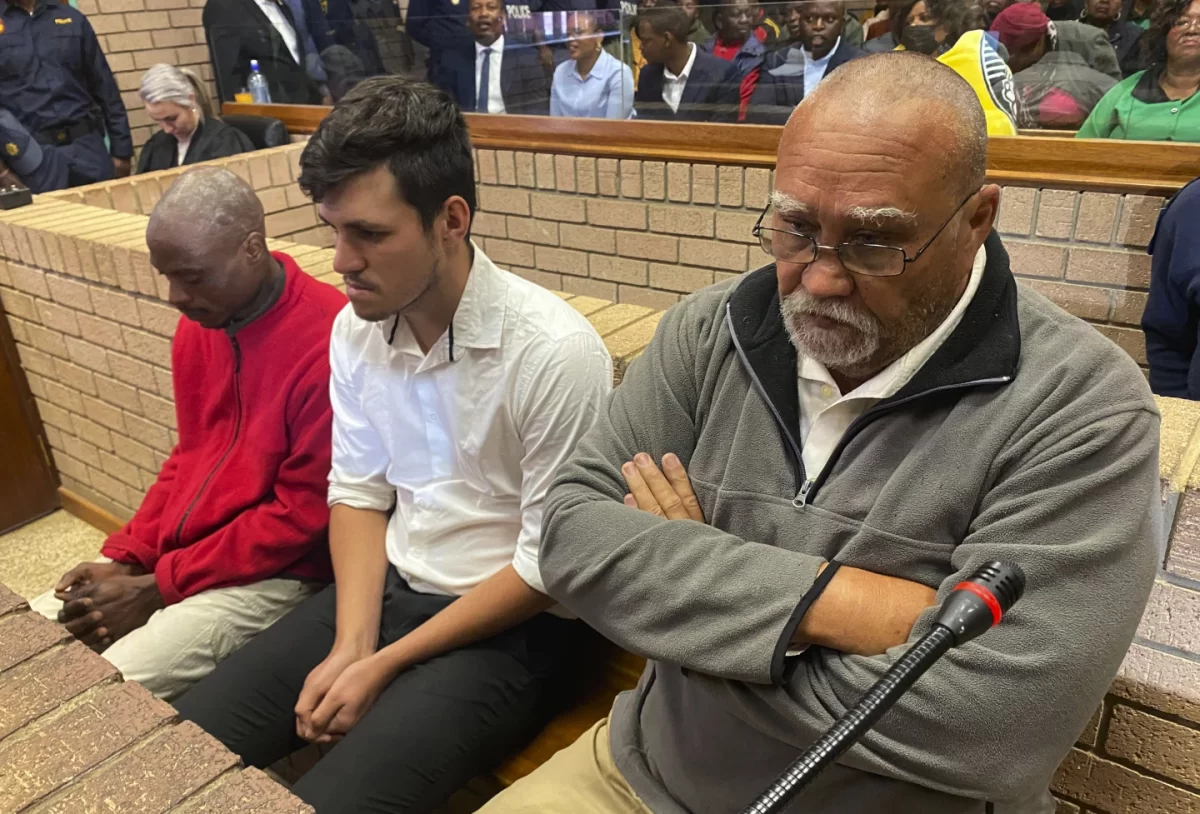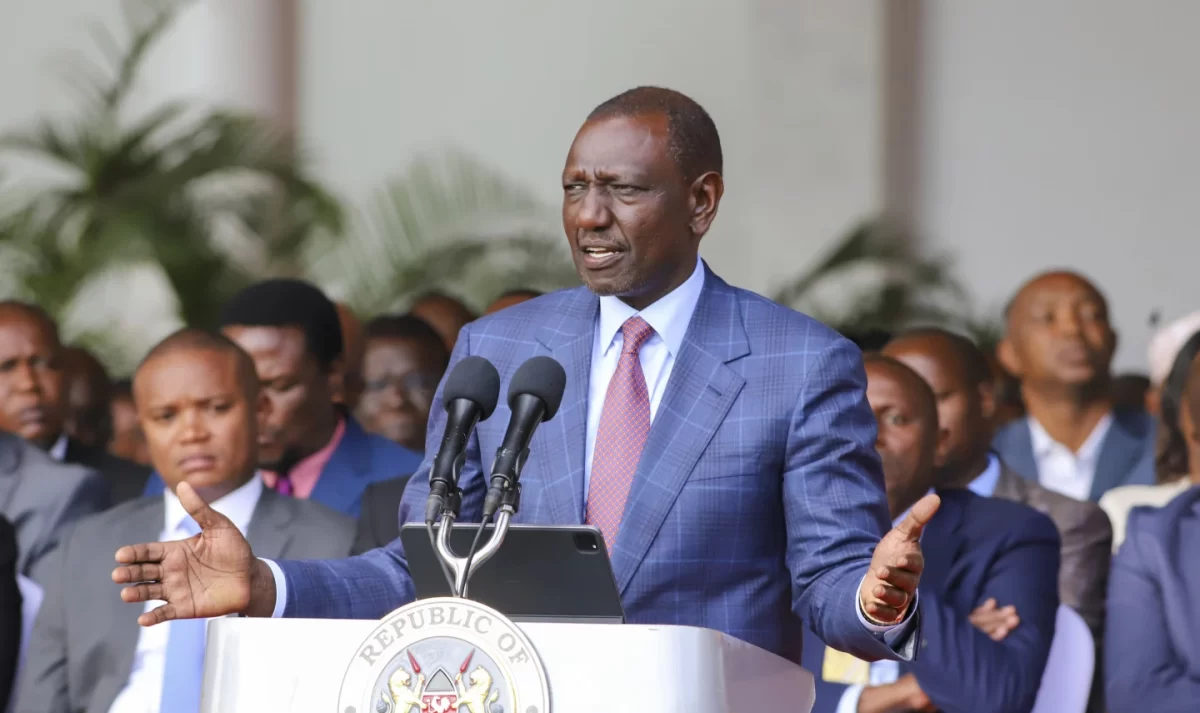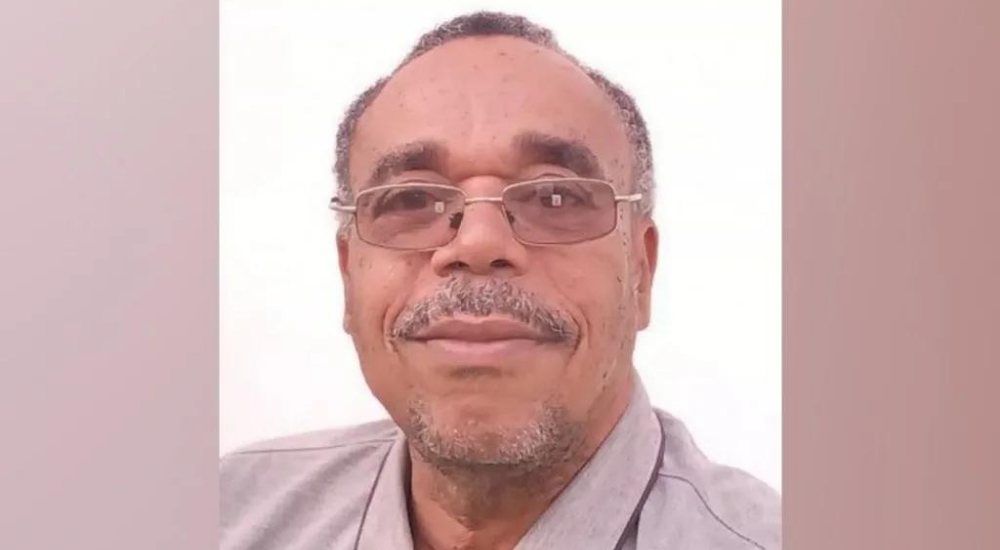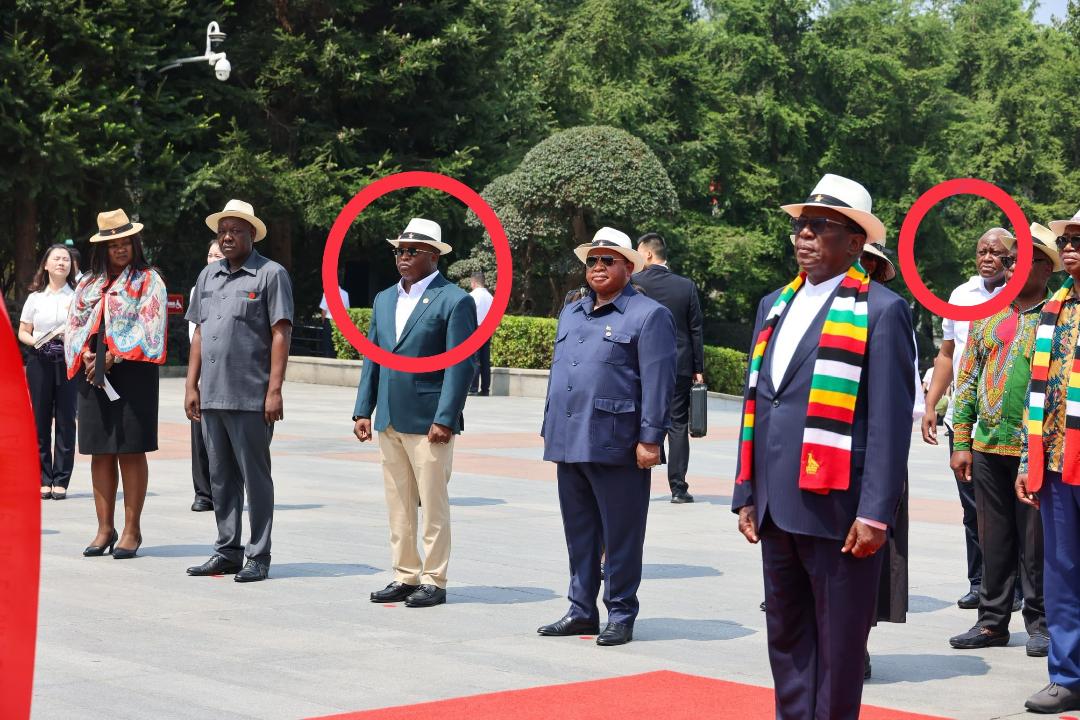DAR ES SALAAM, Tanzania – Several leaders of Tanzania’s main opposition party CHADEMA and hundreds of their supporters were released on Tuesday after mass arrests over a banned youth meeting in the southwest of the country, police and a party spokesperson said.
Human rights organisations have criticised the arrests, with Amnesty International saying, opens new tab they were part of efforts to intimidate the opposition in the run-up to local government elections later this year and a national election in 2025.
President Samia Suluhu Hassan has taken some steps to ease restrictions on the media and opposition since coming to power in 2021, but rights groups say arbitrary detentions have continued.
Police banned the meeting in the city of Mbeya that CHADEMA’s youth wing planned to hold on Monday on the grounds that it was likely to “breach the peace”.
In total more than 500 CHADEMA supporters were arrested over Sunday and Monday, as well as party Chairman Freeman Mbowe and Vice Chairman Tundu Lissu.
“We won’t provide a chance to a few criminals to destroy peace by copying what is happening in neighbouring countries,” police commissioner Awadh Haji said late on Monday, a likely reference to weeks of youth-led protests in Kenya this year which inspired demonstrations in Nigeria and Uganda.
CHADEMA spokesperson John Mrema confirmed the party’s top leadership had been released but said there were reports some youth-wing supporters in Mbeya were yet to be freed.
In June, demonstrators angered by the Kenyan government’s plan to hike taxes mobilised online and took to the streets across the country, briefly storming parliament and putting regional governments on edge over potential copycat rallies.
Kenya’s President William Ruto scrapped the proposed legislation and overhauled his cabinet, but the protests have continued, albeit with smaller crowds.
Sarah Jackson, Amnesty International’s deputy regional director for East and Southern Africa, in a statement on Monday called on Tanzanian authorities to “end arbitrary arrests and detention of political opposition members and reverse the escalating crackdown on civic space”.
















